DISCUSSION PROPOSAL ON TAX HIKE
입력 2020.05.21 (15:43)
수정 2020.05.21 (16:45)
읽어주기 기능은 크롬기반의
브라우저에서만 사용하실 수 있습니다.
[Anchor Lead]
A state-run economic think tank has proposed that South Korea begin discussions on a tax hike, which has been considered a taboo subject. The proposal came ahead of a fiscal strategy meeting to be chaired by the president next week. It is garnering keen attention regarding its background and timing.
[Pkg]
The Korea Development Institute underscored the need to restructure government spending, and proposed it's time to seek a way to increase fiscal revenue. While the thinktank explained the idea requires a long-term review, the suggestion ignited discussions on a tax hike.
[Soundbite] CHEONG KYU-CHEOL(KDI) : "As there is demand for greater fiscal spending, it will be necessary to increase taxes in the long run. We feel now is the time to begin such discussions, although it's difficult to introduce an immediate tax hike."
The COVID-19 pandemic forced the Korean government to draw up two supplementary budget plans, leading the national debt to GDP ratio to exceed 40 percent. Seoul's managed fiscal balance, which indicates the government's net financial condition, recorded an all-time high deficit, nearing 90 trillion won. South Korea's volume of state debt is relatively in good shape, compared to other developed countries. But the problem is the rapid debt growth pace. Since 2001, Korea's national debt has been growing at the sixth fastest speed among OECD members. With welfare-related spending sharply increasing in the era of an aging society,the government's mandatory spending already accounts for about half of its budget. This situation means the government should downsize its spending while increasing revenue, since fiscal health and soundness greatly affects the nation's sovereign credit rating. The KDI made it clear that bigger, quicker fiscal spending is inevitable to help the nation ride out the economic fallout caused by the outbreak.
[Soundbite] PROF. WOO SEOK-JIN(MYONGJI UNIVERSITY) : "Short-term demand rose due to the COVID-19 pandemic. Normally such short-term problems are tackled while increasing national debt."
President Moon Jae-in plans to convene a state strategy meeting to discuss ways to address the nation's rapidly increasing fiscal spending next Monday.
A state-run economic think tank has proposed that South Korea begin discussions on a tax hike, which has been considered a taboo subject. The proposal came ahead of a fiscal strategy meeting to be chaired by the president next week. It is garnering keen attention regarding its background and timing.
[Pkg]
The Korea Development Institute underscored the need to restructure government spending, and proposed it's time to seek a way to increase fiscal revenue. While the thinktank explained the idea requires a long-term review, the suggestion ignited discussions on a tax hike.
[Soundbite] CHEONG KYU-CHEOL(KDI) : "As there is demand for greater fiscal spending, it will be necessary to increase taxes in the long run. We feel now is the time to begin such discussions, although it's difficult to introduce an immediate tax hike."
The COVID-19 pandemic forced the Korean government to draw up two supplementary budget plans, leading the national debt to GDP ratio to exceed 40 percent. Seoul's managed fiscal balance, which indicates the government's net financial condition, recorded an all-time high deficit, nearing 90 trillion won. South Korea's volume of state debt is relatively in good shape, compared to other developed countries. But the problem is the rapid debt growth pace. Since 2001, Korea's national debt has been growing at the sixth fastest speed among OECD members. With welfare-related spending sharply increasing in the era of an aging society,the government's mandatory spending already accounts for about half of its budget. This situation means the government should downsize its spending while increasing revenue, since fiscal health and soundness greatly affects the nation's sovereign credit rating. The KDI made it clear that bigger, quicker fiscal spending is inevitable to help the nation ride out the economic fallout caused by the outbreak.
[Soundbite] PROF. WOO SEOK-JIN(MYONGJI UNIVERSITY) : "Short-term demand rose due to the COVID-19 pandemic. Normally such short-term problems are tackled while increasing national debt."
President Moon Jae-in plans to convene a state strategy meeting to discuss ways to address the nation's rapidly increasing fiscal spending next Monday.
■ 제보하기
▷ 카카오톡 : 'KBS제보' 검색, 채널 추가
▷ 전화 : 02-781-1234, 4444
▷ 이메일 : kbs1234@kbs.co.kr
▷ 유튜브, 네이버, 카카오에서도 KBS뉴스를 구독해주세요!
- DISCUSSION PROPOSAL ON TAX HIKE
-
- 입력 2020-05-21 15:43:52
- 수정2020-05-21 16:45:26

[Anchor Lead]
A state-run economic think tank has proposed that South Korea begin discussions on a tax hike, which has been considered a taboo subject. The proposal came ahead of a fiscal strategy meeting to be chaired by the president next week. It is garnering keen attention regarding its background and timing.
[Pkg]
The Korea Development Institute underscored the need to restructure government spending, and proposed it's time to seek a way to increase fiscal revenue. While the thinktank explained the idea requires a long-term review, the suggestion ignited discussions on a tax hike.
[Soundbite] CHEONG KYU-CHEOL(KDI) : "As there is demand for greater fiscal spending, it will be necessary to increase taxes in the long run. We feel now is the time to begin such discussions, although it's difficult to introduce an immediate tax hike."
The COVID-19 pandemic forced the Korean government to draw up two supplementary budget plans, leading the national debt to GDP ratio to exceed 40 percent. Seoul's managed fiscal balance, which indicates the government's net financial condition, recorded an all-time high deficit, nearing 90 trillion won. South Korea's volume of state debt is relatively in good shape, compared to other developed countries. But the problem is the rapid debt growth pace. Since 2001, Korea's national debt has been growing at the sixth fastest speed among OECD members. With welfare-related spending sharply increasing in the era of an aging society,the government's mandatory spending already accounts for about half of its budget. This situation means the government should downsize its spending while increasing revenue, since fiscal health and soundness greatly affects the nation's sovereign credit rating. The KDI made it clear that bigger, quicker fiscal spending is inevitable to help the nation ride out the economic fallout caused by the outbreak.
[Soundbite] PROF. WOO SEOK-JIN(MYONGJI UNIVERSITY) : "Short-term demand rose due to the COVID-19 pandemic. Normally such short-term problems are tackled while increasing national debt."
President Moon Jae-in plans to convene a state strategy meeting to discuss ways to address the nation's rapidly increasing fiscal spending next Monday.
A state-run economic think tank has proposed that South Korea begin discussions on a tax hike, which has been considered a taboo subject. The proposal came ahead of a fiscal strategy meeting to be chaired by the president next week. It is garnering keen attention regarding its background and timing.
[Pkg]
The Korea Development Institute underscored the need to restructure government spending, and proposed it's time to seek a way to increase fiscal revenue. While the thinktank explained the idea requires a long-term review, the suggestion ignited discussions on a tax hike.
[Soundbite] CHEONG KYU-CHEOL(KDI) : "As there is demand for greater fiscal spending, it will be necessary to increase taxes in the long run. We feel now is the time to begin such discussions, although it's difficult to introduce an immediate tax hike."
The COVID-19 pandemic forced the Korean government to draw up two supplementary budget plans, leading the national debt to GDP ratio to exceed 40 percent. Seoul's managed fiscal balance, which indicates the government's net financial condition, recorded an all-time high deficit, nearing 90 trillion won. South Korea's volume of state debt is relatively in good shape, compared to other developed countries. But the problem is the rapid debt growth pace. Since 2001, Korea's national debt has been growing at the sixth fastest speed among OECD members. With welfare-related spending sharply increasing in the era of an aging society,the government's mandatory spending already accounts for about half of its budget. This situation means the government should downsize its spending while increasing revenue, since fiscal health and soundness greatly affects the nation's sovereign credit rating. The KDI made it clear that bigger, quicker fiscal spending is inevitable to help the nation ride out the economic fallout caused by the outbreak.
[Soundbite] PROF. WOO SEOK-JIN(MYONGJI UNIVERSITY) : "Short-term demand rose due to the COVID-19 pandemic. Normally such short-term problems are tackled while increasing national debt."
President Moon Jae-in plans to convene a state strategy meeting to discuss ways to address the nation's rapidly increasing fiscal spending next Monday.
이 기사가 좋으셨다면
-
좋아요
0
-
응원해요
0
-
후속 원해요
0










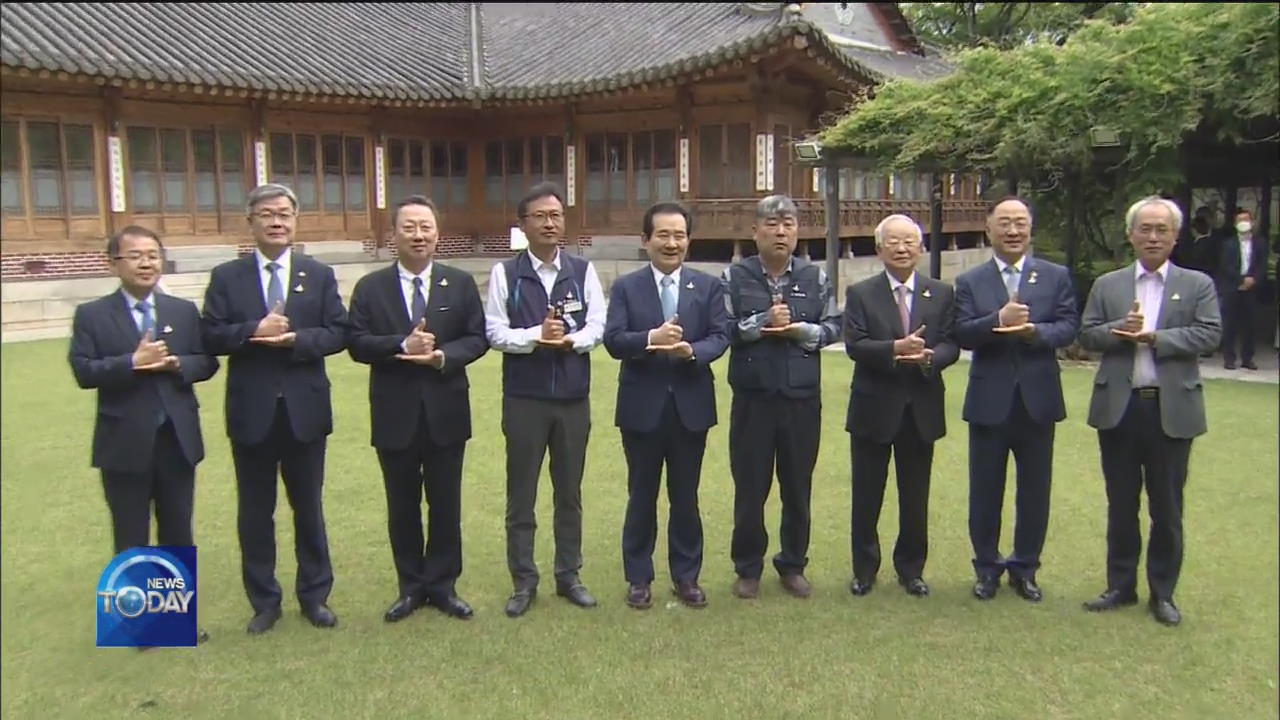
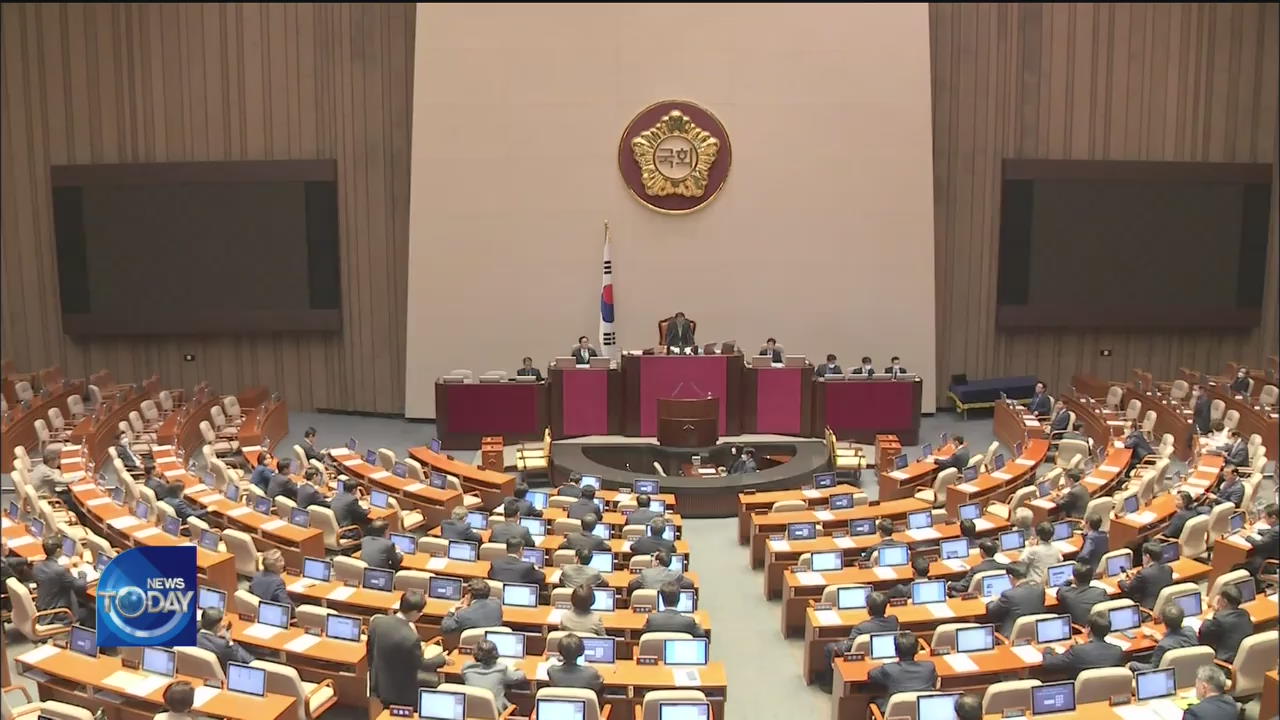
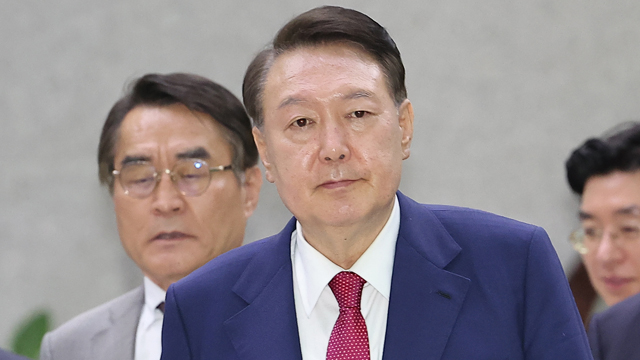
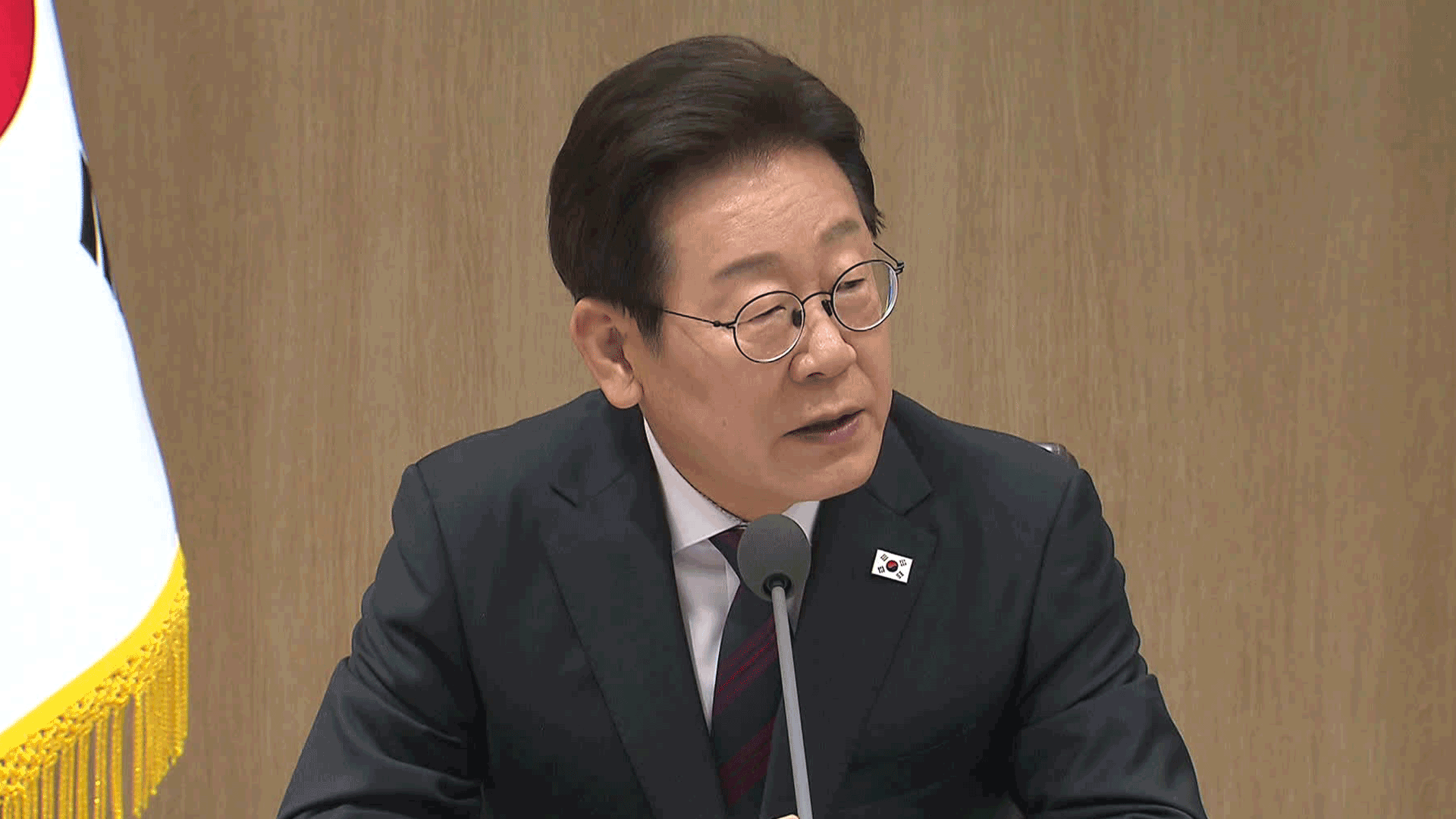
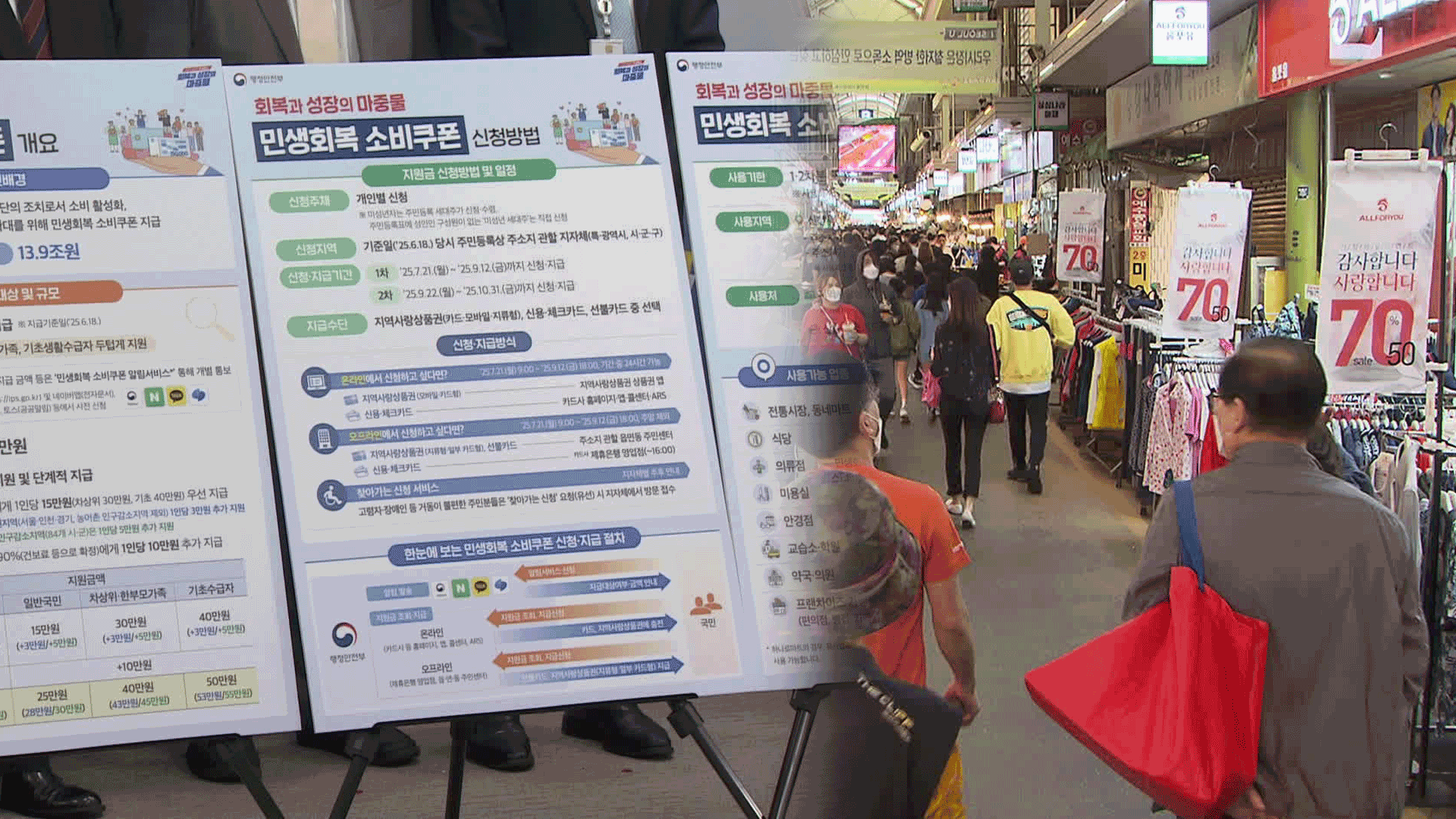
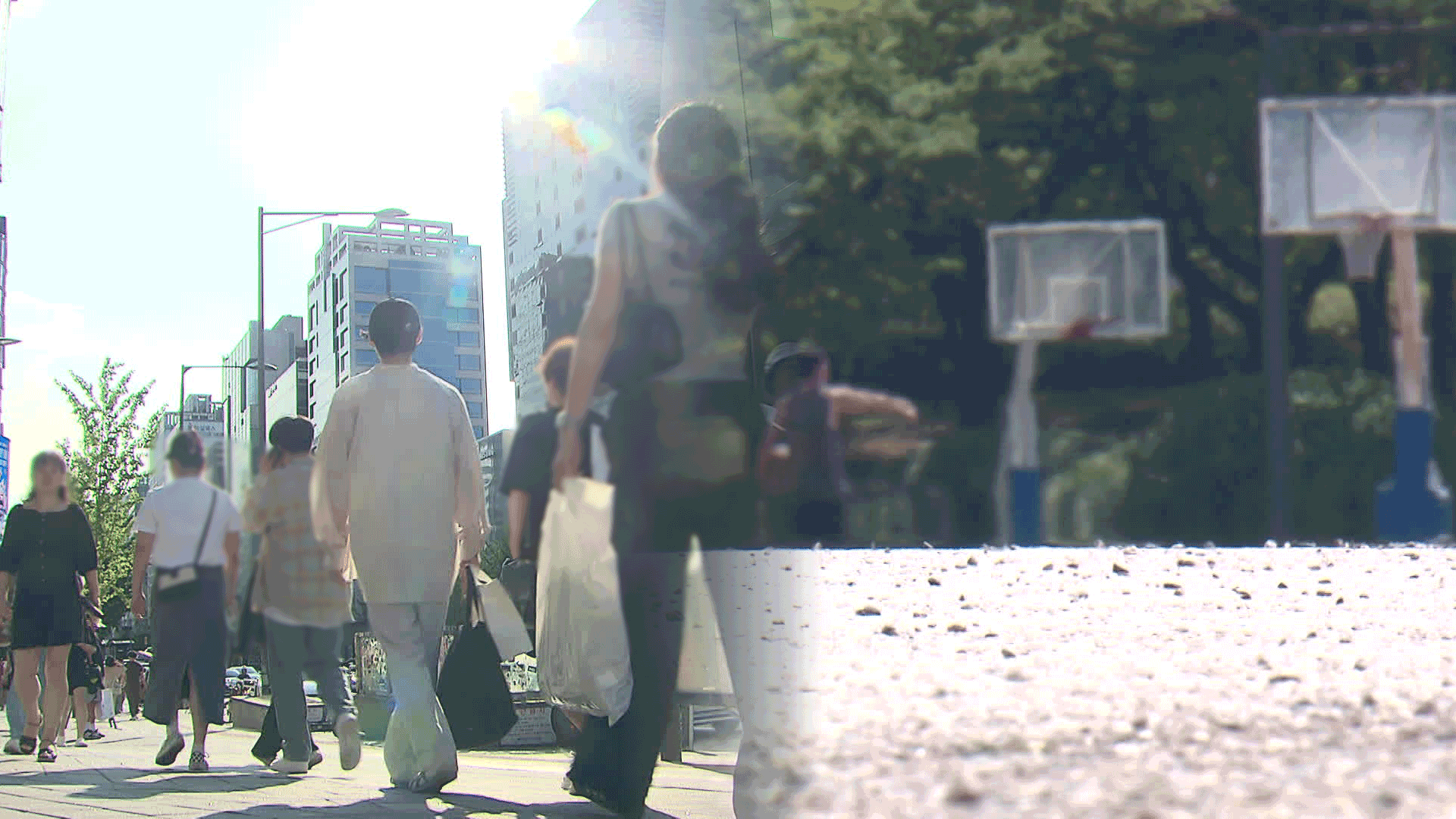

이 기사에 대한 의견을 남겨주세요.